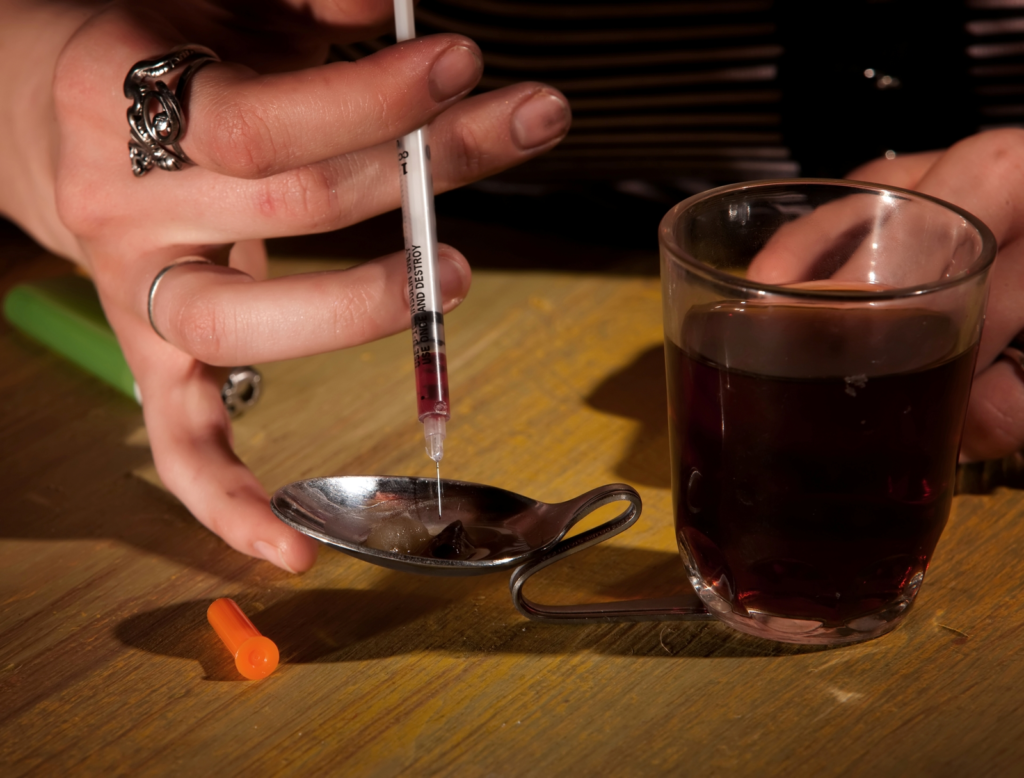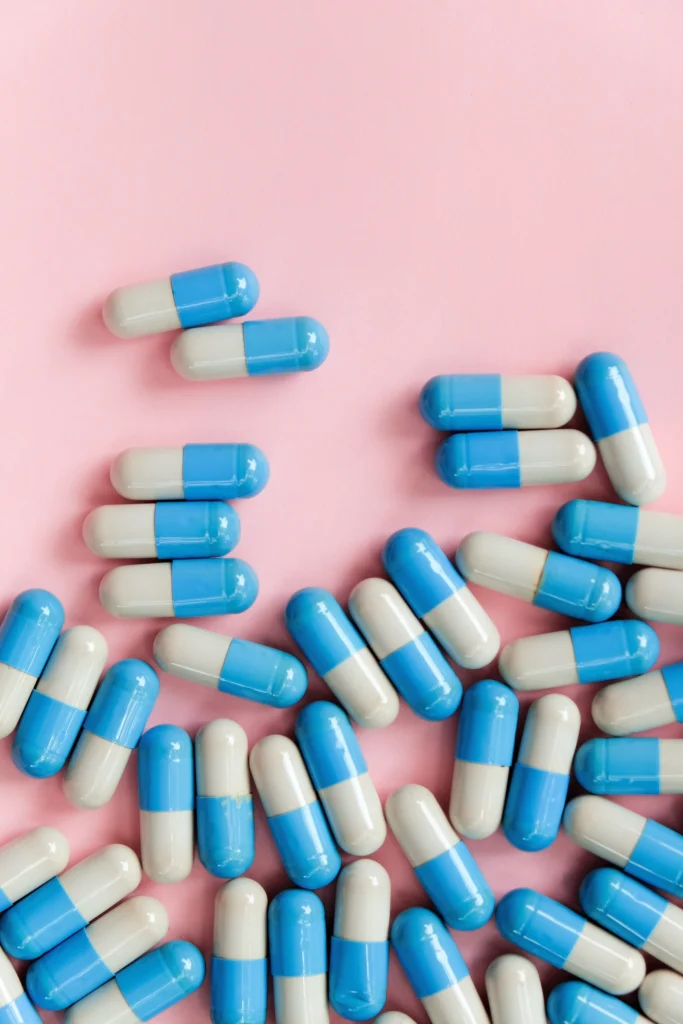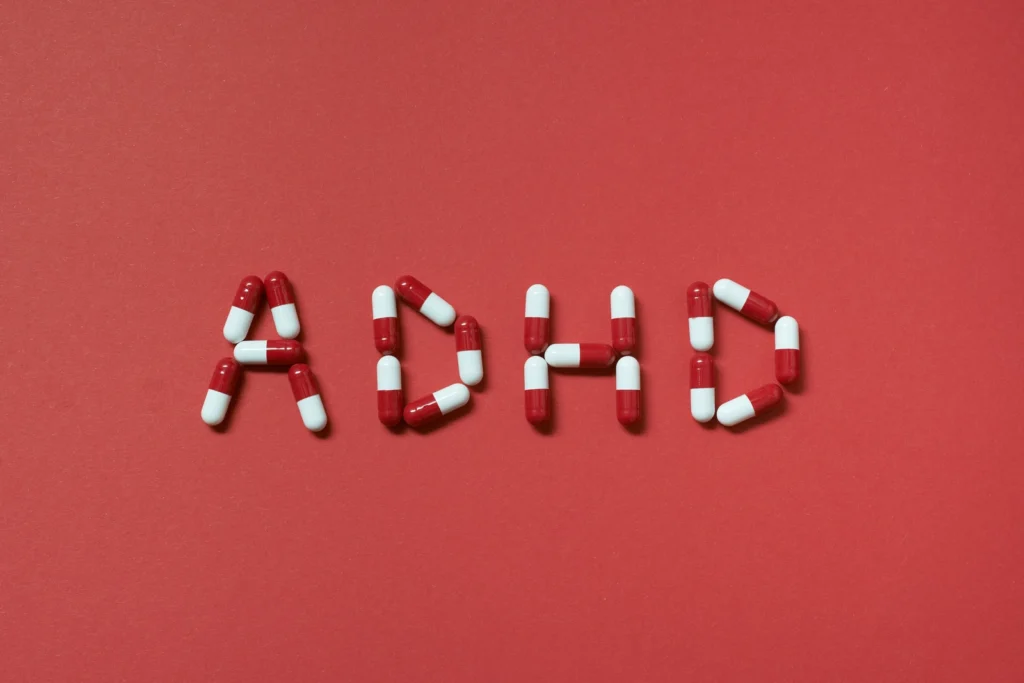Can You Overdose On Meth? Here’s What You Need To Know
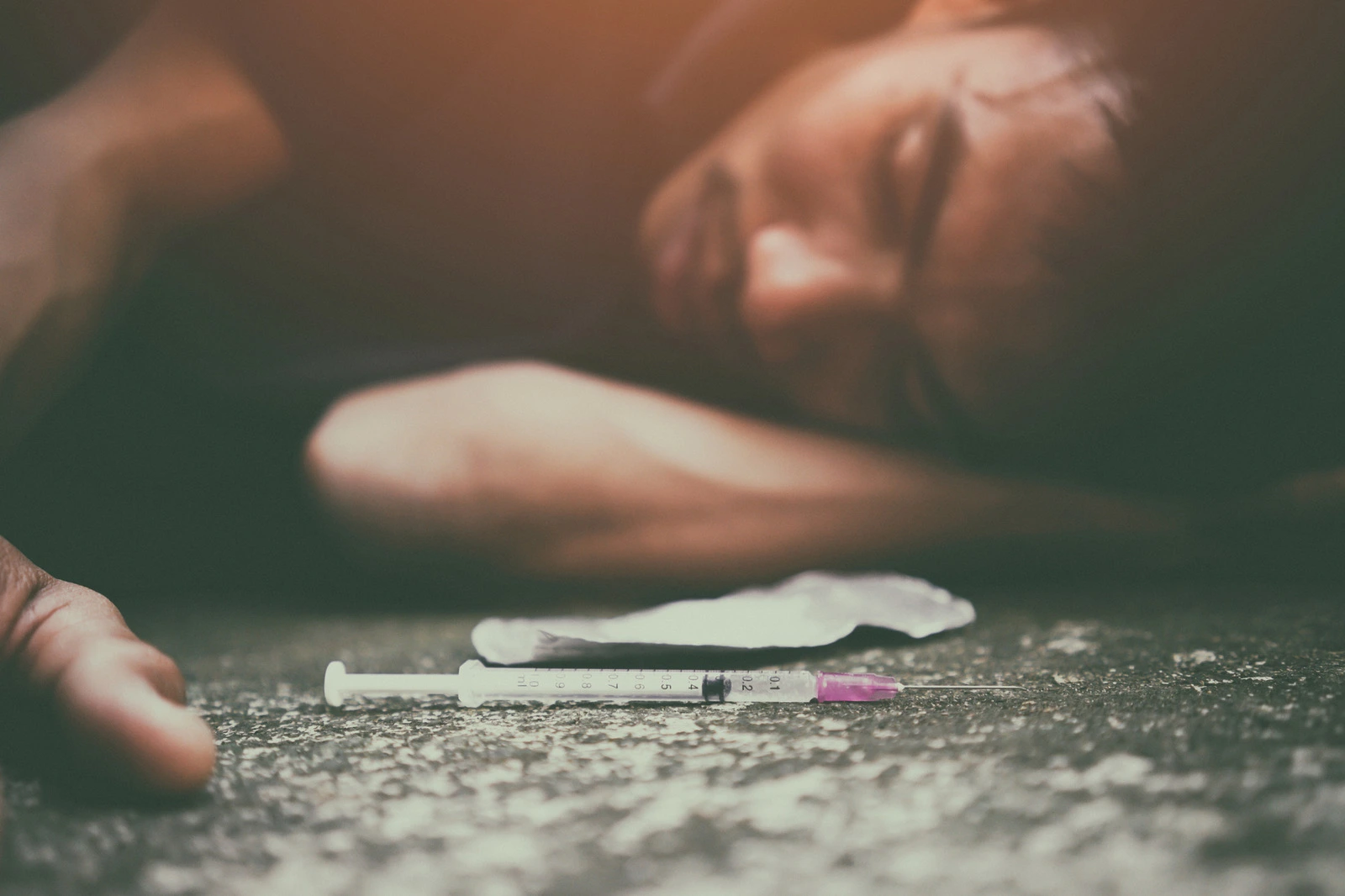
Yes, it is possible to overdose on meth. It’s more likely when too much is taken or when mixed with other substances. If you suspect you or someone you know is experiencing a meth overdose, call 911 or seek emergency medical care immediately.
Key Points
- Meth is a Schedule II controlled substance with a high potential for abuse and dependence.
- It is possible to overdose on meth, and the likelihood increases with high doses or when it is mixed with other substances.
- Even in small doses, meth use can be a life-threatening substance that alters how your body functions and how your mind works.
- Symptoms and signs of a meth overdose include chest pain, high blood pressure, irregular heart rate, difficulty breathing, stomach pains, digestive trouble, skin sensitivity, and even death.
- If you or someone else is experiencing a meth overdose, call 911 or seek emergency medical care right away.
- The best defense against a meth overdose is to discontinue meth use and seek professional treatment for substance use disorder.
Meth Drug Facts
Meth or methamphetamine is a highly potent central nervous system (CNS) stimulant with a high potential for abuse and addiction. It enhances the volume of feel-good neurotransmitters your brain produces, like serotonin, dopamine, and norepinephrine.[1]
In most cases, meth is used as an illicit recreational drug, but some formulations are used in other drugs as a second-line treatment for attention deficit hyperactivity disorder (ADHD) and obesity.[2] This substance is classified as a Schedule II controlled substance and considered dangerous.[3]
Street names for the stimulant include crystal meth, crystal, speed, crank, ice, spoosh, glass, chalk, redneck cocaine, tina, tick-tick, hot ice, L.A. glass, super Ice, L.A. ice, and more. Recreational meth is injected, smoked, or snorted, depending on the formulation.
Intended Effects of Meth
The central nervous system (CN) stimulating effects of meth are a strong trigger of misuse and addiction. Recreational meth use can trigger the following effects:[4]
- An elevated mood
- Increased alertness
- Better focus or concentration
- A boost of energy
- Decreased appetite
With long-term use, it can also cause weight loss and lead to a more active sex drive.
Meth Side Effects
The intended effects come at a steep cost, and meth use has a dark underbelly of dangerous effects. Even in small amounts, meth is associated with adverse side effects, including:[5]
- Rapid breathing
- Irregular heartbeat
- Hyperthermia (abnormally high body temperature)
- High blood pressure
- Seizures or convulsions
- Pupil dilation
- Death (in high doses)
Aside from these physical adverse effects, meth use is also associated with significant mental and psychological effects, including: [6]
- Psychosis
- Panic attacks
- Erratic behavior
- Hallucinations
- Irritability and mood swings
- Paranoia
What Are The Signs Of Methamphetamine Overdose?
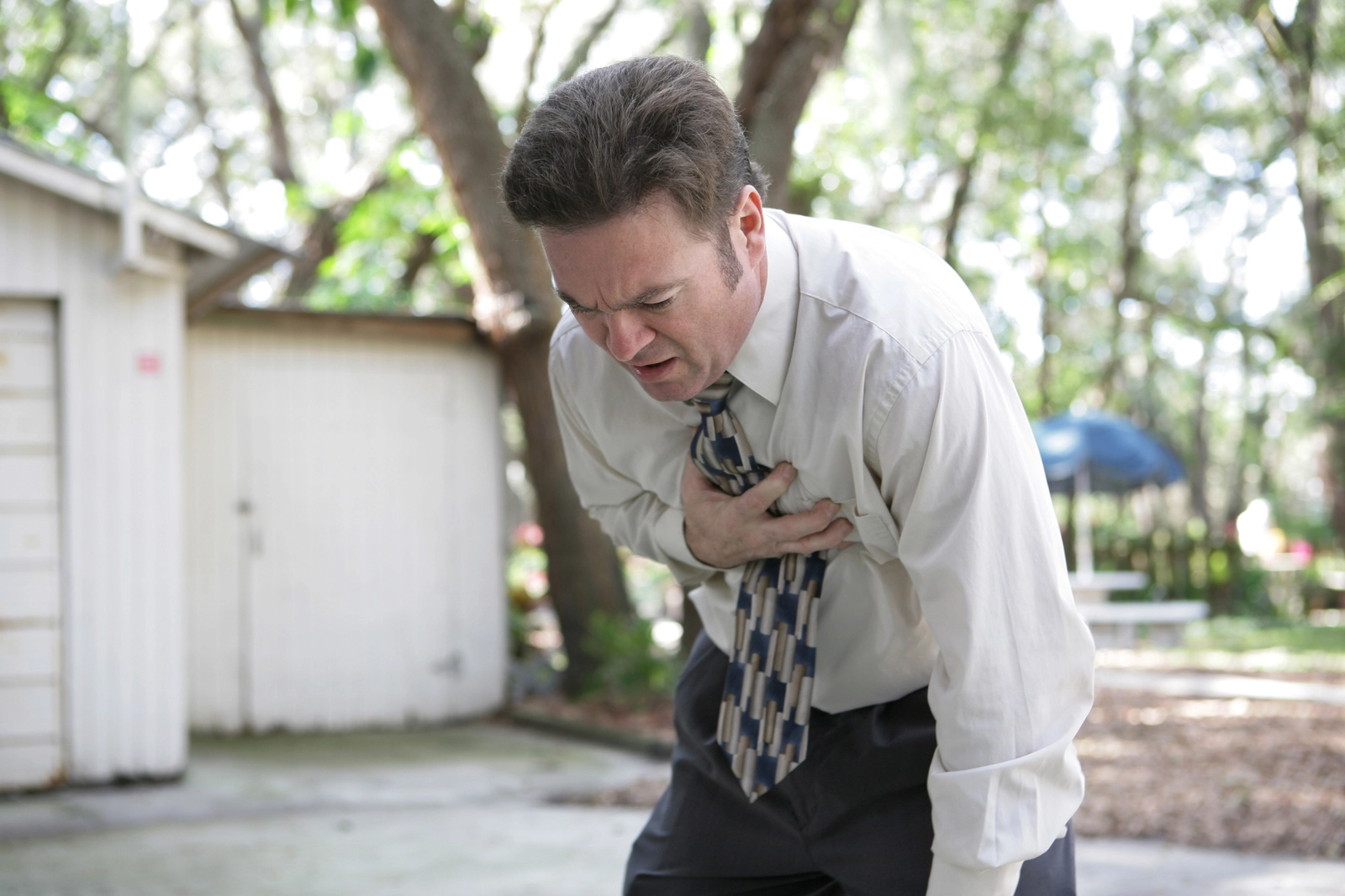
Methamphetamine toxicity or an overdose of methamphetamine is possible and can result in serious, negative health outcomes and even death. Higher doses of meth or mixing meth with other substances can increase the risk of an overdose.
The warning signs and symptoms of a meth overdose can include:[7]
- Chest pain (can feel like a heart attack)
- High blood pressure
- Irregular heart rate or racing heartbeat
- Difficulty breathing
- Stomach pain
- Bowel or digestive trouble
- Skin sensitivity or unfamiliar sensations
- Death
It’s possible that some meth overdoses can be treated or reversed with immediate medical attention. Seek emergency care or call 911 if you believe you or someone else is experiencing meth toxicity or a drug overdose.
Long-Term Health Risks of Meth Use
There are several alarming health risks associated with methamphetamine use, especially with chronic use over a long period of time. Like many other stimulants, meth can change how your body functions naturally, and it is difficult to restore the balance.
Adverse physical and mental health risks and outcomes associated with long-term meth use include:[8]
- Aneurysm
- Fluid in the lungs
- Stomach ulcers
- Kidney failure
- Skin-picking
- Delusions and altered mental status
- Severe dental decay and tooth loss (caused by dry mouth)
- Increased risk of overdose and death
Even in small doses, meth use can be a life-threatening substance that alters how your body functions and how your mind works. The risks are far too great to sustain continued drug use. If you or a loved one are struggling with meth addiction, there are safe and effective treatment options available. Seek professional help as soon as possible to ensure safety and longevity.
Meth Use Statistics
The National Institute on Drug Abuse (NIDA) reports that approximately 2.5 million people aged 12 and older used methamphetamine in the U.S. in 2021. Of those, about 1.6 million met the criteria for a methamphetamine use disorder or substance use disorder in the same year. [9]
Recent numbers from 2021 reveal that over 32,000 people died from psychostimulant overdose and that these overdose deaths were primarily related to meth and excluded cocaine.[10] According to SAMHSA (the Substance Abuse and Mental Health Association), some of the more concerning data reveals that approximately 500 people each day try meth for the first time.[11]
What Does Meth Addiction Treatment Look Like?
Most treatment plans are fully custom and based on individualized assessments. This is the most effective way to ensure holistic, lasting recovery for any individual.
One of the highest levels of care is medical detox, though this may only be appropriate for some. This process is most appropriate for the earliest stages of withdrawal as your body eliminates toxins and returns to natural functioning. Here, you will benefit from various medical interventions to help restore healthy functioning and deter relapse.
After detox, inpatient rehab offers a focused and structured environment for ongoing recovery. You or your loved one would participate in therapy, counseling, individual and group support, wellness activities, nutritional guidance, and more. These interventions help build healthy habits and foster a strong sense of personal autonomy.
Once formal treatment has ended, aftercare planning will take over. Here, you will transition back into daily life armed with practical coping and wellness skills to maintain sobriety. Safety measures and relapse prevention plans will be put in place to support a lasting recovery.
Skip A Meth Overdose. Hope and Wellness Awaits.
The best way to guarantee you will not experience a meth overdose is to discontinue meth use. This may be a challenging experience that should be taken under the guidance of professional treatment. Choose wellness. Choose safety.

